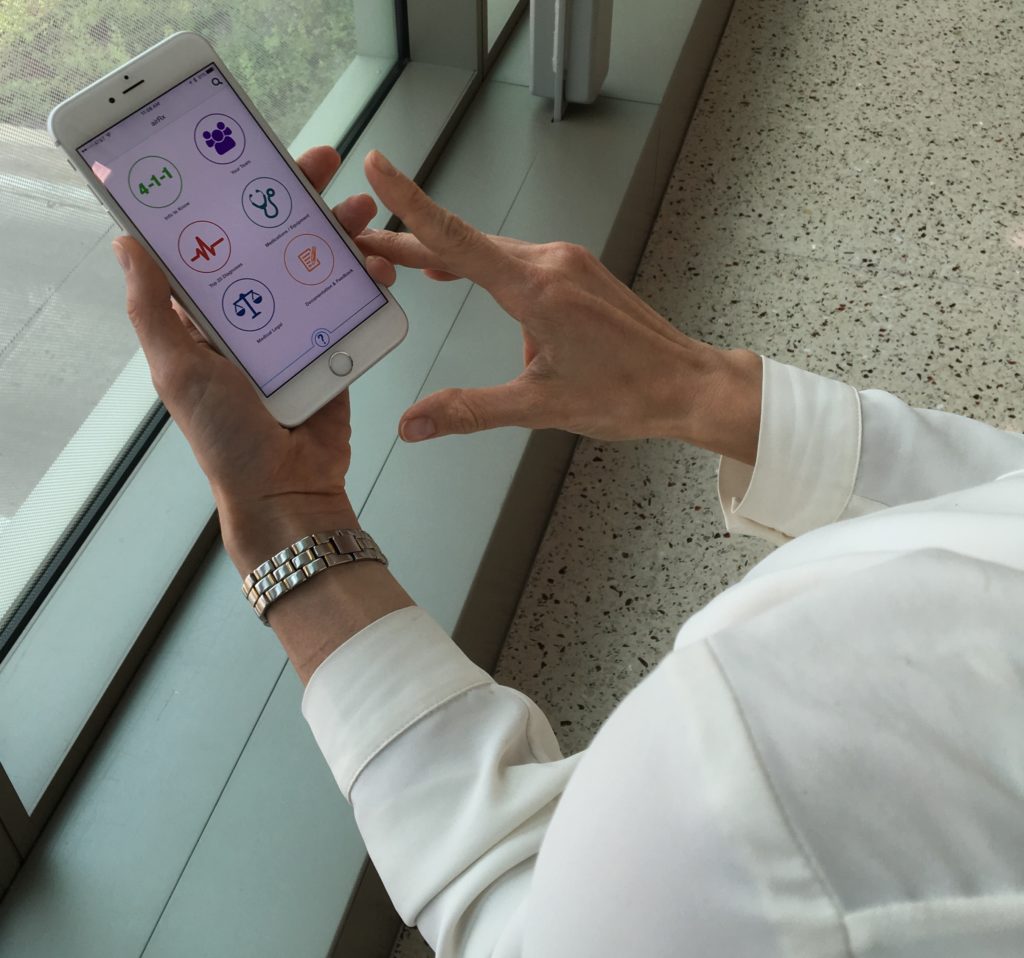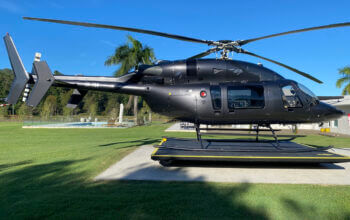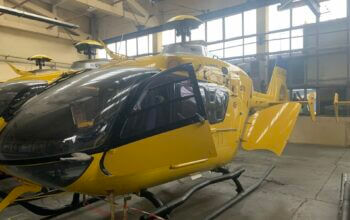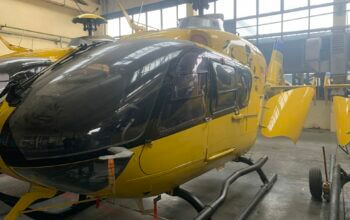Estimated reading time 3 minutes, 37 seconds.
A smartphone app developed in part by Air Canada’s former medical director appears to boost doctors’ confidence and performance during simulated in-air medical emergencies, a study has found.

The study by Jump Simulation, a training organization affiliated with the University of Illinois College of Medicine Peoria, tested the effectiveness of airRx, an app developed in part by Dr. Claude Thibeault, a Quebec physician who spent many years with Air Canada.
“Health care professionals are typically not used to responding to in-flight medical emergencies,” said Dr. John Vozenilek, vice-president and chief medical officer for simulation with Jump Simulation. “The study suggests that practice with simulated in-flight emergencies improves resident physicians’ confidence and performance. Access to a specialized mobile app also seems to help.”
In the study, presented this week at a meeting of The Society for Academic Emergency Medicine (SAEM), cases based on common in-flight medical emergencies were portrayed in a mockup of an airline cabin.
Actors portrayed patients, family members, seat neighbours and flight attendants, according to a news release. Resident physicians in non-emergency specialties were asked to help as if they were volunteering in actual medical emergencies.
The physicians were randomized into two groups–one provided with the airRx app, and one that was not.
AirRx, released in 2016, guides doctors through 23 scenarios of the most common medical emergencies, based on the premise that most doctors lack sufficient knowledge about in-flight emergency stabilization.
With passenger volumes on the rise, an increase in in-air emergencies is also expected to occur.
Physicians in the Jump Simulation study were rated on their performance by trained observers using a critical action checklist and on timing for key critical actions. They were also asked to report their confidence before and after the simulations.
Physicians using the airRx app achieved higher scores on the critical action checklist and on critical action timing for contacting ground support, according to a news release.
Confidence in managing in-flight medical emergencies increased in both physicians who used the app and those who did not, but confidence increased more in the airRx group, the release said.
Thibeault, an aviation medical specialist, was part of a team led by University of Illinois medical professor Dr. Raymond E. Bertino that developed the free app. It launched in the Apple App Store in May 2016 and in the Google Play store in June.
The app functions in airplane mode, without an Internet connection, after being downloaded from either store. Developers hoped doctors would consult the app before flights to prepare themselves for potential emergencies, with the ability to consult the app in real time for guidance during a medical event.
“Few resources are available to familiarize physicians with what they may encounter as in-flight volunteers, which often includes medical events and conditions outside of their own medical specialties,” said Bertino in a statement.
“AirRx provides a real-time checklist and quick reference handbook to improve the way that emergent medical situations in the air are addressed.”








